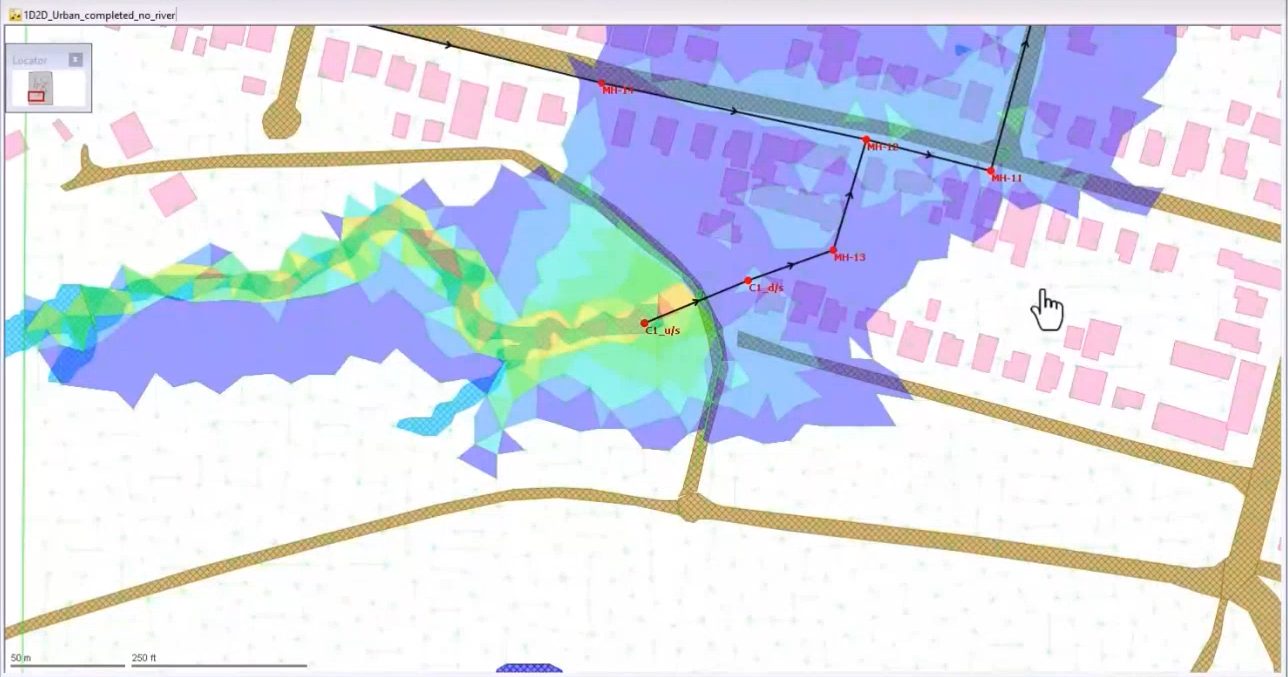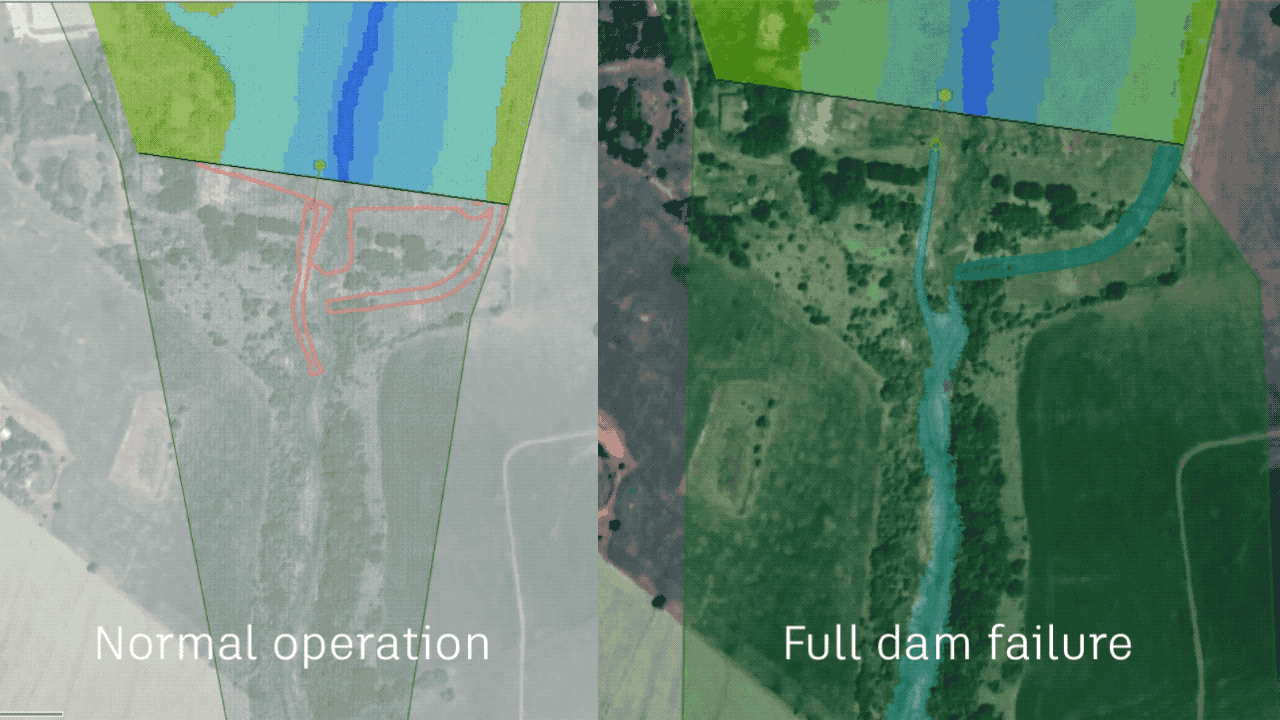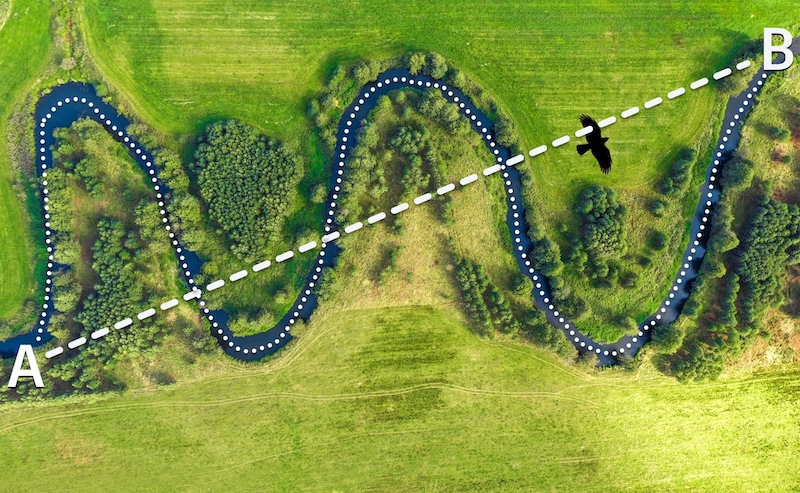InfoWorks ICM
-

4 new Water Drop videos: templatizing, SQL, water quality workflows
We are back with another edition of Water Drops, wherein we share four new workflow videos. We have been releasing new videos every month since we began releasing them six moons ago. You can find them all on our YouTube channel playlist. Subscribe and turn on notifications and you’ll be alerted whenever a new batch drops. …
Water Talks
-

InfoWorks ICM 2024.3: XP Importer, UI simplification, and Grid Layouts
InfoWorks ICM’s most recent version update provides new XP Importer functionality for users migrating from XPSWMM and XPStorm models into InfoWorks ICM, UI simplifications, and additional improvements to grid and shareable property layouts. Our development and QA team have been heavily focused on improving usability and workflows for InfoWorks ICM users throughout our product update process,…
Product news
-

Combining BIM and hydraulic modeling expertise to (re)build a better dam in small-town Brazil
When the Diego Cuê Dam ruptured in the town of Caarapó deep in the southern tip of Brazil, it wasn’t only flooding that the authorities had to manage. The dammed lake, located in the Ayrton Senna Park, is an important recreation space for residents and is perhaps Caarapó’s only tourist attraction. The flooding of the…
Customer stories
-

Webinar: Creating a city-wide 1D + 2D flood model
Can you create a combined 1D/2D model of an entire city to determine its risk for flooding? Not too long ago, the answer was no. But it’s becoming increasingly possible using GIS platforms, tools like InfoWorks ICM, and by taking advantage of the vast amount of public data that’s increasingly being shared. This openness with…
Storm, sewer, flood
-

Can you really calculate a river’s path using Pi?
We investigate whether Pi (π) can actually be used to help compute details related to a river’s path. Is there something special about Pi that can make modeling rivers, bridges, culverts, spillways, levees, floodplain and floodway delineations, stream diversions, channel improvements, and split flows easier? The constant Pi has been associated with everything from crop…
Commentary
-

A fresh batch of Water Drop workflow videos
As summer winds down and students get back to hitting the books, you can step up your hydraulic modeling skills with four new Water Drop workflows. I’ve also been told these are great to listen to while enjoying a late summer afternoon thunderstorm. Another Civil 3D and InfoWorks ICM integration Ryan Brown takes a look…
Water Talks
-

InfoWorks ICM 2024.2: ICMExchange API, FEH22, improved XPStorm/XPSWMM import
Our most recent InfoWorks ICM version update (released just a month ago) added bottom opening orifices, sluice gate objects and a new level section view – among other additions. This time around, our development and QA testers have done an excellent job of making sure the latest InfoWorks ICM 2024.2 release improves your workflow efficiencies…
Product news
-

Choosing a drainage design solution: InfoDrainage or InfoWorks ICM?
What are the factors that should lead us to choose a drainage design solution? Or as I am sometimes asked by customers: “Should I use InfoDrainage or InfoWorks ICM for drainage design?” This might not even be the right question to ask. Perhaps it is more about aligning the right tools with the right problems…
Commentary
-

What if Hurricane Harvey had hit San Antonio?
Over eight days in August 2017, category 4 Hurricane Harvey dropped more than 50 inches of rainfall over Houston, Texas, making it the most significant rainfall event in US history since the USGS began keeping records in the 1880s. Just 200 miles away, water professionals and politicians in San Antonio asked themselves: “What if the…
Customer stories
-

4 New Water Drop workflow videos: audit reporting, phase management, printing, and RTC
We've been releasing new Water Drop videos every month since we began this project. Every time we add a new one, we include it on our Water Drop YouTube playlist. You can be updated every time we release a new video by subscribing to our YouTube channel and turning on notifications.
Water Talks